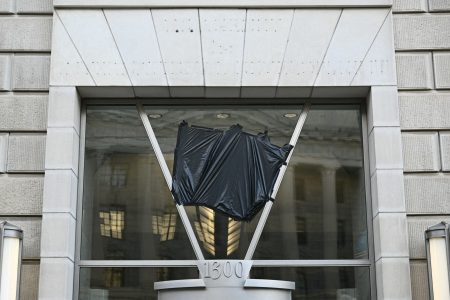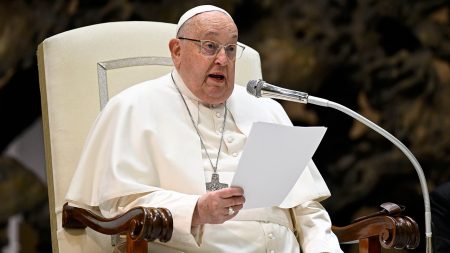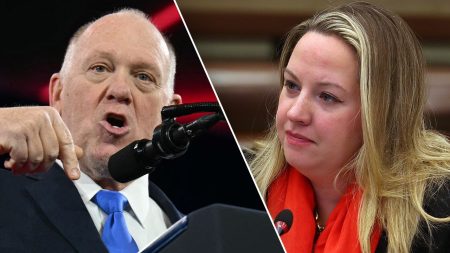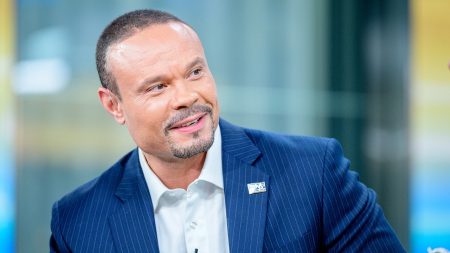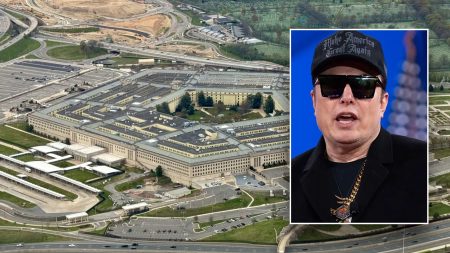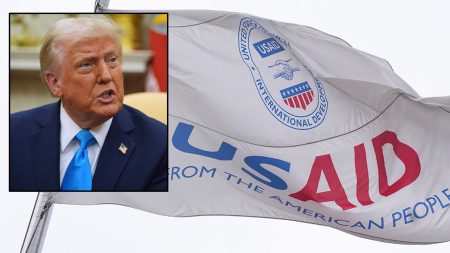West Virginia Governor Jim Justice’s decision to postpone his swearing-in as a U.S. Senator has averted a potential administrative whirlwind in the state’s leadership. Justice’s move, driven by his commitment to ensure a smooth transition of power and prioritize the needs of West Virginians, temporarily leaves the Republican Senate majority at a slimmer two-seat advantage instead of the anticipated three. Justice explained that the period between the congressional swearing-in on January 3rd and President-elect Trump’s inauguration on January 20th holds potential for significant developments in state affairs, requiring his continued presence as governor. He emphasized the importance of continuity in government, especially during transitions, underscoring his dedication to serving the people of West Virginia above all else.
West Virginia’s unique gubernatorial succession process, stemming from the absence of a lieutenant governor, further complicates the situation. The state Senate President assumes the role of governor should the incumbent vacate the office. With the current Senate President, Craig Blair, leaving office on January 8th due to a primary election loss, and the incoming Senate President, Randy Smith, set to take over until Governor-elect Patrick Morrisey’s inauguration on January 13th, Justice’s immediate departure would have resulted in an unprecedented four governors within a 10-day span. Justice deemed this rapid succession detrimental to the stability of the state government, prompting his decision to delay his Senate entry.
Justice’s rationale for delaying his swearing-in revolves around his prioritizing state matters over what he perceives as a relatively inactive period in Congress before Trump’s inauguration. While acknowledging ongoing discussions with Trump about appointments and policy issues, Justice believes no pressing federal matters require his immediate presence in the Senate. Furthermore, the comfortable Republican majority in the Senate, even without his immediate participation, provides a buffer that allows for his delayed arrival without significantly impacting the party’s legislative agenda. He believes his continued presence in West Virginia will be more valuable during this transitional period.
Justice’s decision has been met with understanding and respect from his Republican colleagues. Senator Shelley Moore Capito, West Virginia’s other senator, expressed her support for Justice’s commitment to fulfilling his gubernatorial term, emphasizing their shared goal of advancing Trump’s agenda. Senate Majority Leader Mitch McConnell also acknowledged the complexities of the situation and expressed his understanding of Justice’s choice. This bipartisan support underscores the recognition of the unique circumstances in West Virginia and the importance of prioritizing a smooth transition of power within the state government.
Justice’s decision reflects his strong commitment to West Virginia, a sentiment he reiterated by expressing his deep respect for the people who elected him and his dedication to serving their best interests. His background as a billionaire coal businessman and owner of The Greenbrier resort underscores his deep roots in the state and his commitment to its well-being. His party switch from Democrat to Republican during a rally with Trump in 2017, followed by his re-election as a Republican, further illustrates his alignment with the state’s evolving political landscape. This shift, coupled with Senator Joe Manchin’s retirement, solidifies West Virginia’s transformation from a traditionally blue state to a deep-red stronghold.
Justice’s decision to postpone his swearing-in as a U.S. Senator represents a deliberate choice to prioritize the stability and continuity of West Virginia’s government. By remaining in his gubernatorial role until January 13th, he avoids a potentially disruptive succession of four governors within a short timeframe. His reasoning highlights the unique circumstances in West Virginia, the relative inactivity expected in Congress before Trump’s inauguration, and his unwavering commitment to serving the people of his state. This decision reflects his deep connection to West Virginia and his dedication to ensuring a smooth transition of power, ultimately demonstrating his commitment to the state’s best interests above all else. His close relationship with Trump, which he describes with deep affection, further underscores his commitment to the Republican agenda and his belief in the importance of supporting the incoming administration.





